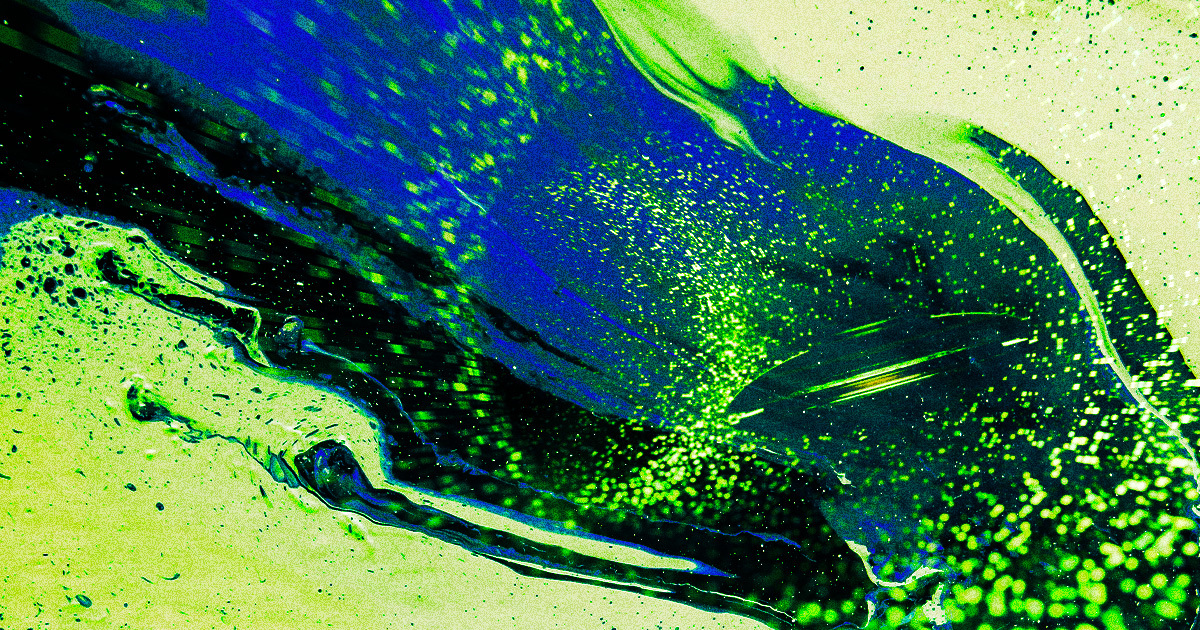The James Webb Telescope is going to be the one that does it, too.
Webby Awards
One of the world’s foremost experts in the search for extraterrestrial intelligence (SETI) believes that with the help of the , humans are closer to discovering life outside our planet than ever before.
Lisa Kaltenegger, who directs the Carl Sagan Institute at Cornell, this week that because the Webb Telescope is designed to detect — the scientific word for “signs of life,” including organism-produced — we may well find ETs very soon.
Kaltnegger, whose new book “” was published this month, waxed enthusiastic when discussing the JWST, bragging that with its technological leaps, humanity is now in “this era of golden exploration, with thousands of other worlds on our doorstep, that we now can actually explore.”
The scientist is particularly interested in the four planets surrounding Trappist-1, a red dwarf planet located just 40 light-years away that’s suspected to and, potentially, life. Discovered in 2017, the Trappist-1 system appears to have several planets in the so-called “habitable zone” where they could host liquid water — and by Kaltnegger’s reckoning, it’s likely where we’ll find life.
“We have a chance to find the gases on these worlds,” she told the British website. “And to figure out if there’s biosignatures on them within the next, let’s say, five to 10 years.”
“If life is everywhere, it can be in that system,” Kaltnegger continued. “It may be that we need to observe 100 systems before we find life, or 1,000. But it could also be that we just need to observe one system.”
Should we be so lucky, she predicted, that discovery “could be just a couple of years from now.”
Letting Down Easy
When asked about some of the more bombastic believers in ETs, the Austrian-born astronomer was diplomatic in her condemnation.
“I think people are very, very smart,” she said, “and actually do start to doubt these things when it’s just a little too convenient.”
All the same, Kaltnegger considers congressional whistleblower David Grusch, whose outlandish claims about the government having retrofitted “” and recovering alien carcasses greatly , to be a “snake oil” salesman — though she admits that it would be “so much easier” if his claims were true.
“When I see that, honestly what I think is, ‘Oh God, I wish this were true,'” she told The Telegraph. “That would be so much easier if we had aliens coming here. Because the search for chemical make-up, and gas as a biosignature, it’s hard, even with the biggest telescopes we have.”
Still, it’s clear the astronomer believes strongly in her chosen approach — and if her educated guesses on timelines are right, she might have a lot to show for it soon.
